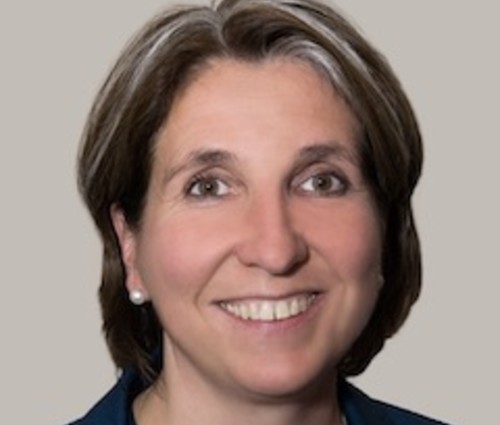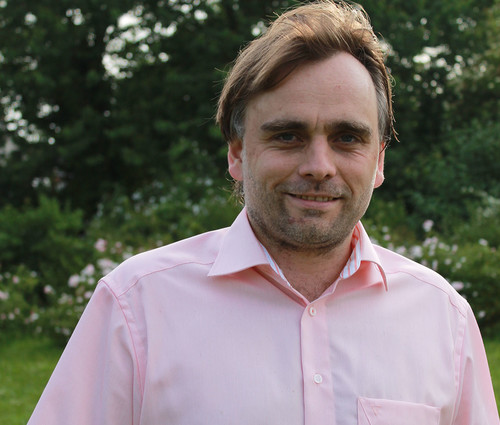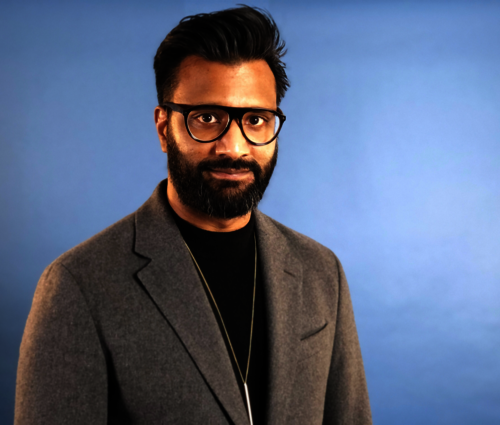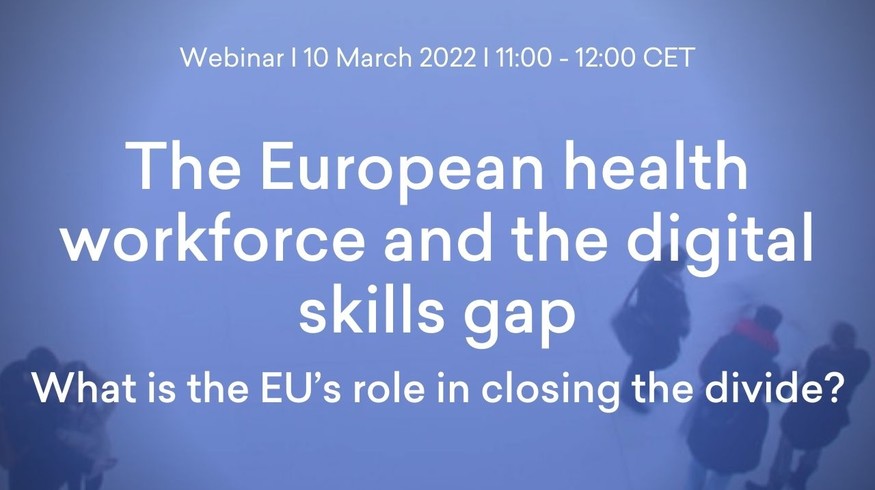The European health workforce and the digital skills gap: What is the EU’s role in closing the divide?
10 March 2022 | 11:00-12:00 | Online
Digital tools hold the potential to improve the efficiency, accessibility, and quality of care. But even if the technologies are at hand, we cannot fully utilise them whilst the digital skills gap in the health workforce remains.
During the COVID-19 pandemic many digital health tools moved from being viewed as a potential opportunity to becoming an immediate necessity, and the use of them increased substantially, including tools for eHealth, mHealth, and Big Data.
The European Commission, being mindful of progress in other regions of the world, has launched a skills agenda for a green and digital transformation for all economic sectors to ensure necessary modernisation. For health and social care, a digitally skilled health workforce is absolutely essential to ensure patient centeredness, care integration and multi-disciplinary teamwork. Given that the European health workforce is mobile, crossing national borders, digital skills must be ensured in all countries.
Now is the time to strengthen digital skills as many countries are building back better their health systems. But what’s the EU’s role in closing the digital skills gap with regards to regulation, funding, quality standards, and technical issues? And how can we support Member States to collaborate more effectively in bridging the digital divide amongst the health workforce in order to universally improve care?
#DigitalHCW
SPEAKERS

Sara Cerdas
Member, European Parliament

Isabelle Zablit
eHealth Europe & International Director, French Ministry of Solidarity and Health

Bernadette Klapper
CEO, German Nurses Association DBfK

Dirk Van den Steen
Deputy Head of Unit, DG SANTE, European Commission

Niklas Eklöf
Head of Unit for eHealth and Structured Information, National Board of Health and Welfare

Matthias Wismar
Programme Manager, European Observatory for Health Systems and Policies
